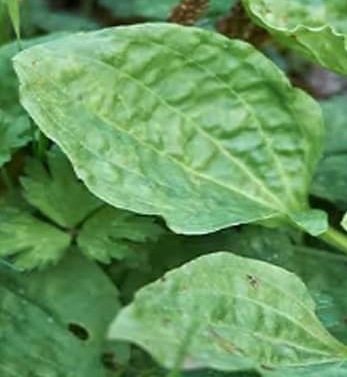1. **Choose the Right Seeds**: Select high-quality anise seeds from a reputable source. Look for seeds labeled as “Pimpinella anisum,” the botanical name for anise.
2. **Select a Pot**: Choose a pot that is at least 12 inches in diameter with drainage holes to prevent waterlogging.
3. **Prepare the Soil**: Use a well-draining potting mix, enriched with compost. Anise prefers slightly alkaline soil, so consider adding lime if your mix is acidic.
4. **Sow the Seeds**: Plant the seeds about 1/4 inch deep in the soil. Space them at least 12 inches apart to allow for growth.
5. **Water Gently**: After sowing, water the seeds lightly to keep the soil moist but not soggy. Avoid overwatering to prevent root rot.
6. **Provide Sunlight**: Place the pot in a sunny spot where the plants can receive at least 6 hours of sunlight each day.
7. **Thin the Seedlings**: Once the seedlings are a few inches tall, thin them out by removing weaker plants to allow stronger ones to thrive.
8. **Harvest the Leaves**: You can start harvesting the leaves once the plants are well-established. Use fresh leaves in your cooking or drying them for later use.
9. **Wait for Seeds**: Allow the plants to flower and produce seeds, which can be harvested when they turn brown and dry.
10. **Store Properly**: Keep your harvested seeds in a cool, dry place in an airtight container to maintain their flavor and potency.







